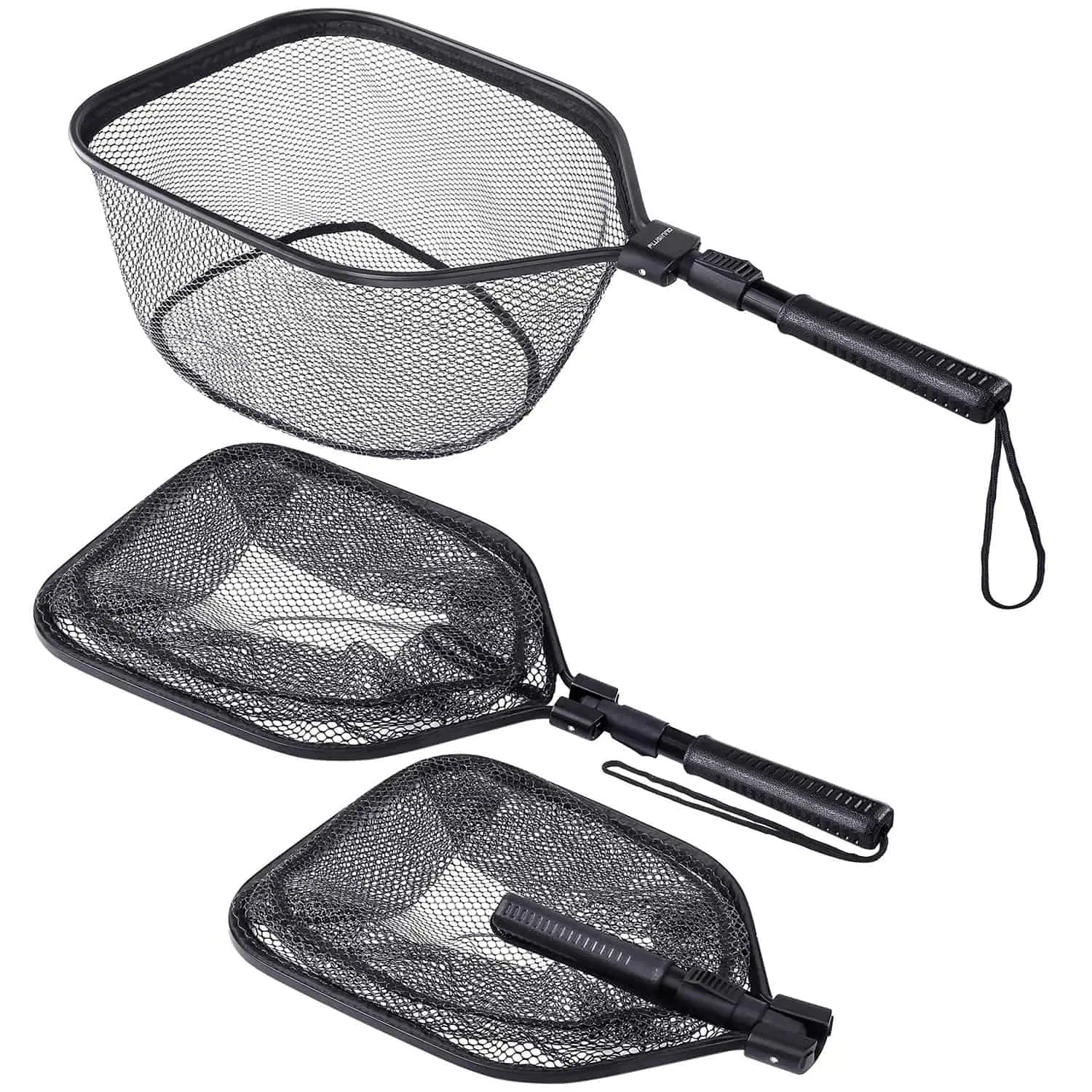-
JJeffery queen 1 year ago
Fishing is a favorite pastime for many people all over the world, and for good reason. It’s an environmentally friendly activity that can provide you and your friends with hours of fun. However, fishing nets also have a big impact on the environment. That’s why it’s important to buy eco-friendly fishing nets if you want to do your part in preserving our planet. Here are the five most environmentally sound fishing nets available on the market today.
How to Choose an Environmentally Sound Net
When you're shopping for an environmentally sound fishing net, there are a few things to consider. First and foremost, look for a net made from durable materials that won't break easily. Second, be sure to choose a net with low-impact fishing methods, like rod and reel fishing. Finally, make sure the net is labeled as an environmentally sound product. There are many great environmentally sound fishing nets available on the market, so don't hesitate to choose one that fits your needs and style.
The Best Fishing Nets for a Sustainable Future
Looking to buy a fishing net that is environmentally friendly? There are a few different types of fishing nets out there, each with its own advantages and disadvantages. Here is a breakdown of the three most popular types of fishing nets and their environmental benefits:
1. The kelp netting: A kelp netting is made from natural materials like seaweed and grasses, which act as an organic filter to help clean the water while you fish. They are also very durable, so they can last for many seasons without needed repairs or replacements.
One downside of kelp nets is that they can be difficult to land your catch in, especially if it's big. Additionally, kelp nets require regular maintenance in order to keep them functioning properly, such as rinsing and drying them after each use.
2. The synthetic netting: Synthetic nets are made from man-made materials like nylon and polyester fibers. They're much more lightweight than traditional fishing nets, making them easier to transport and handle. They're also less likely to snag on fish in the water, which makes them ideal for capturing smaller specimens.
One downside of synthetic nets is that they often release harmful chemicals into the water when they're caught on something underwater. These chemicals can contaminate other animals or habitats nearby, potentially harming both the environment and those who depend on it for their livelihoods.Conclusion
If you're looking for a environmentally sound fishing net that won't damage your catch, then check out our top 5 picks. These nets are made from recycled materials, so they helpReleased the environment and ensure that you're getting the best possible value for your money. If you're interested in finding a net that meets your specific needs, be sure to read our reviews carefully to find the perfect option for you. Thanks for reading!
References
